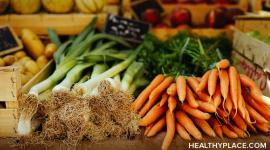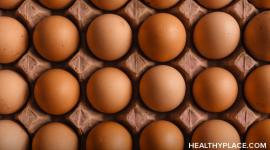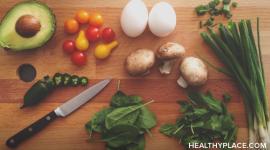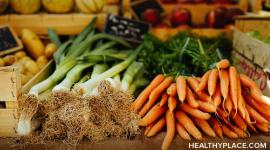Best Diet for Your ADHD Child
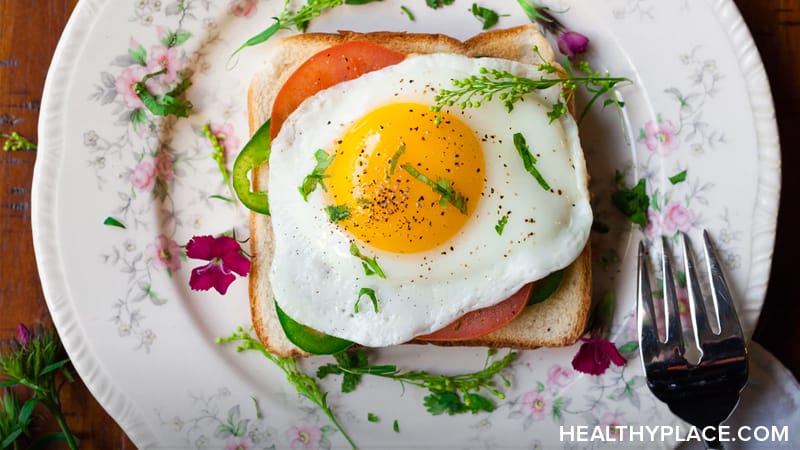
What is the best diet for your ADHD child? Choosing a diet for your ADHD child can be a bit overwhelming. With all of the information available, and some of that information being conflicting, it can be difficult to know what is best. While each child is different, there are some general guidelines in terms of a healthy diet for your ADHD child.
Diet for ADHD Child
Nutrition is a definite factor when it comes to what impacts a person’s mental and physical health. This is particularly true in terms of children with ADHD. Although there is some debate around the best diet for ADHD children, there are some general common suggestions in the available research.
- Choose protein-packed foods – an essential part of a healthy diet for your ADHD child is protein. Foods like poultry, fish, eggs, nuts, and lean beef are all great options for providing your child with adequate protein levels.
- Maintain iron levels – although iron is one of the least talked about aspects in the discussion of diet and ADHD children, it plays a significant role. Iron is key to the management of your child’s ADHD. Iron affects the production of dopamine in the brain, and dopamine is central to many daily behaviors. But most important in terms of a diet for your ADHD child is the influence iron has on movement, memory, and mood.
- Incorporate herbs – a lot of the recent research on diet for ADHD children surrounds the significance of including certain herbs. Several herbs, including ginseng, St. John’s Wort, rhodiola, and ginkgo, have been recommended in managing ADHD symptoms. Of course, the FDA does not regulate the use of herbs and certain herbs may affect your child’s medications. So it’s important to talk to your child’s doctor when considering this as part of a diet for your ADHD child.
Foods to Avoid in a Diet for ADHD Child
Just as there are general recommendations regarding beneficial foods to incorporate in a diet for your ADHD child, there is also advice on what to avoid (ADHD Elimination Diet: Food Sensitivities in ADHD Children).
- Watch out for chemicals – many studies show the negative impact of certain chemicals (artificial additives, colors, and sweeteners) on ADHD symptoms. It is important to check ingredient labels to know which foods contain chemicals and/or additives (Food Dyes and ADHD: Do Food Dyes Cause Hyperactivity?). Although these are present in many food items, there are other, more natural options.
- Beware of candy – not only is candy full of artificial colors, but it is also loaded with sugar. Sugar can worsen your child’s ADHD, and increase overall hyperactivity (ADHD and Sugar: How Sugar Affects Your ADHD Child’s Behavior).
- Choose frozen fruits and vegetables wisely – this may surprise some, as in general fruits and veggies are part of a healthy diet for ADHD children. Yet, fruits and vegetables that are packaged and frozen often contain artificial dyes and colors, which exacerbate ADHD behaviors. Additionally, frozen fruits and vegetables (like many frozen foods) are treated with chemicals for insect control. These same chemicals have been connected to neurological-based behavior problems.
- Say no to energy drinks – energy drinks have only recently become quite popular, especially amongst teenagers. Yet energy drinks are not only packed with sugar and artificial additives but also caffeine and other stimulants. If your ADHD child has an affinity for energy drinks, try to introduce new, healthier beverage options.
If you are concerned about diet for your ADHD child, the above-mentioned suggestions are a good place to start. Yet it is always okay to consult a medical professional for further advice when deciding on the best diet for your ADHD child.
APA Reference
Jarrold, J.
(2021, December 20). Best Diet for Your ADHD Child, HealthyPlace. Retrieved
on 2024, June 20 from https://www.healthyplace.com/adhd/food-and-adhd/best-diet-for-your-adhd-child
